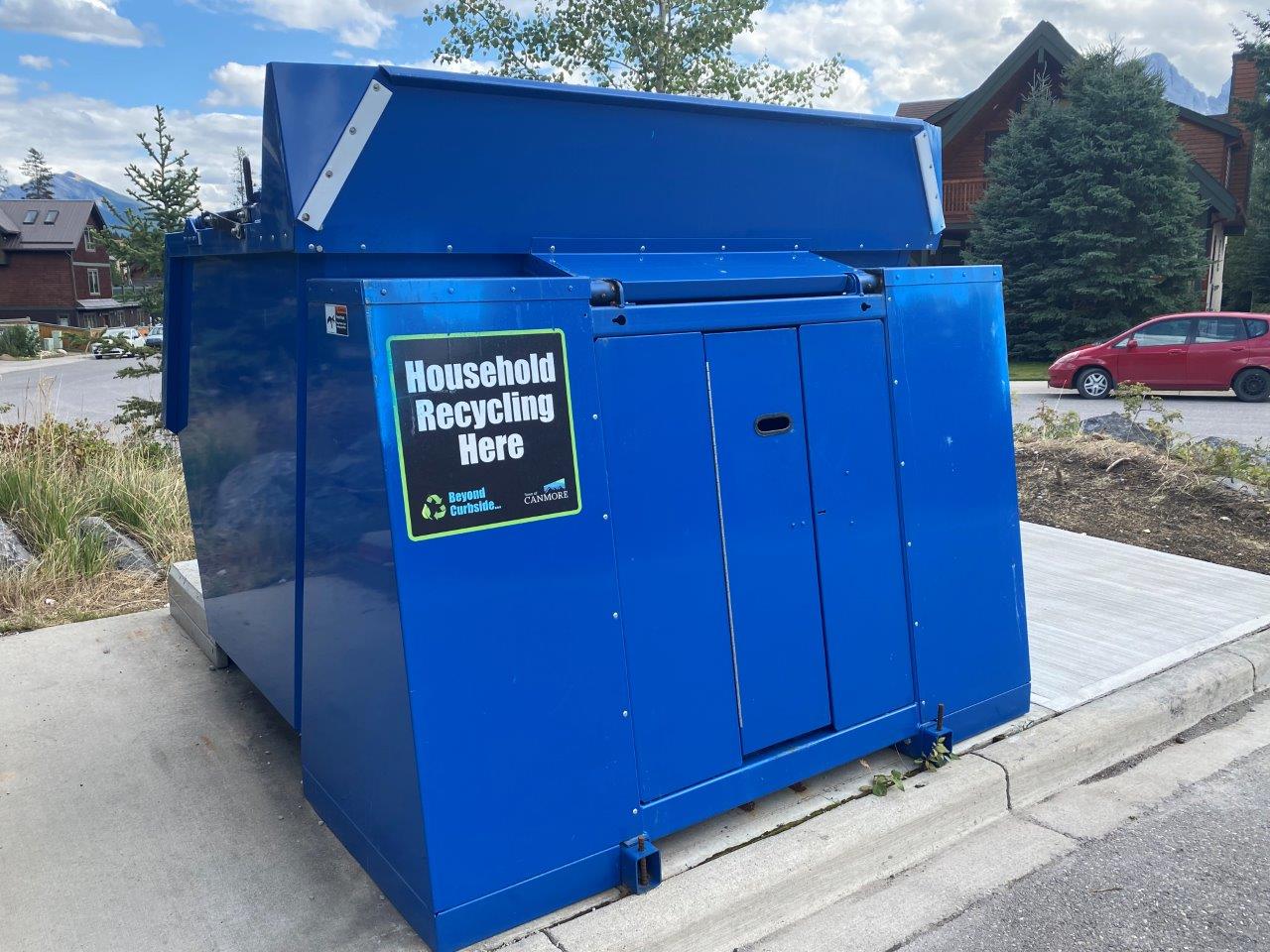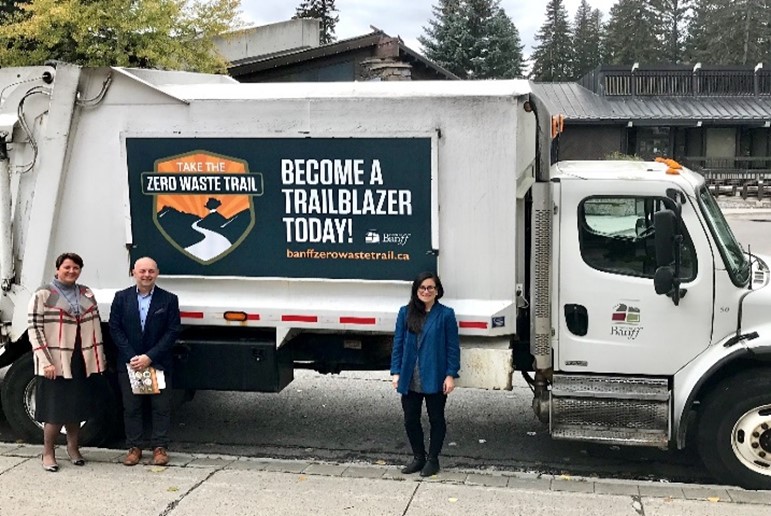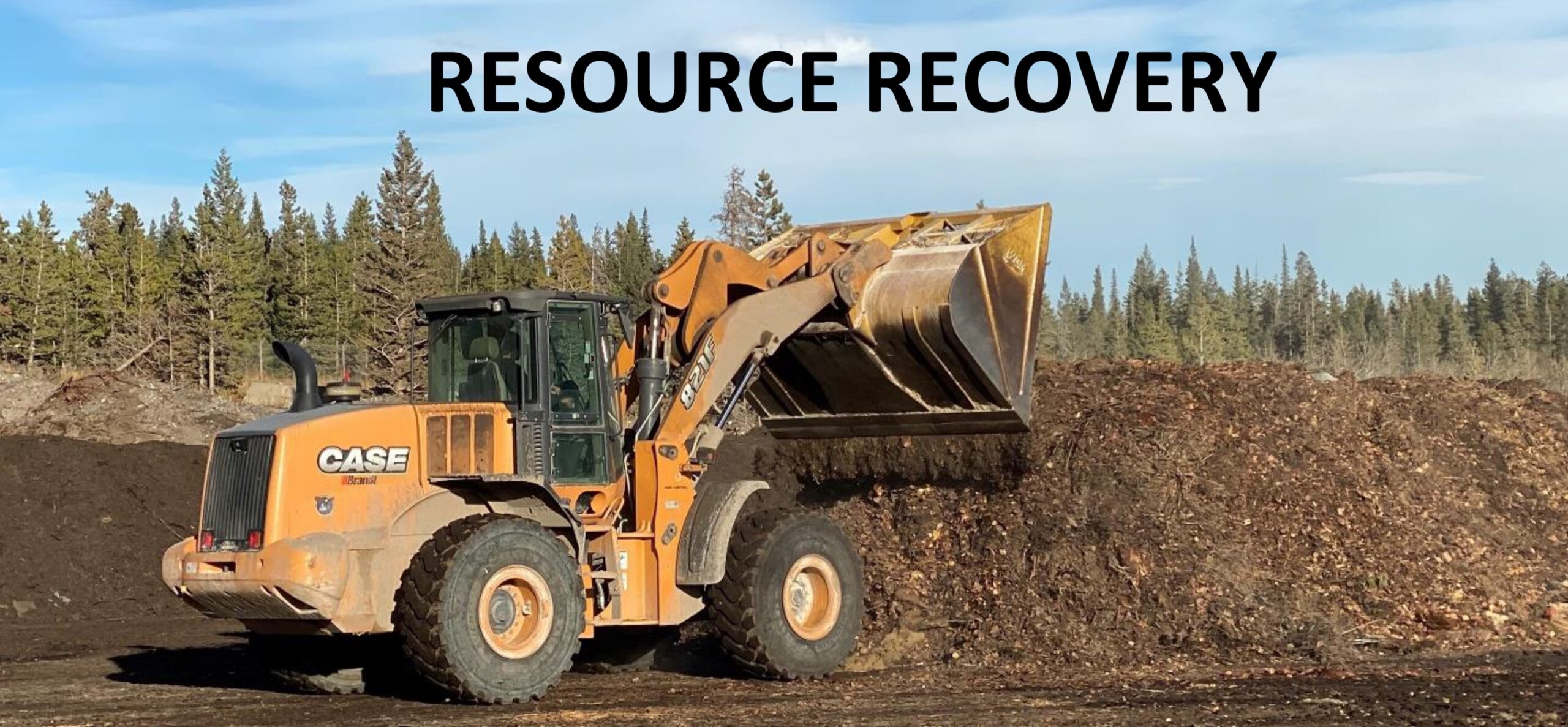
KEEP IT SEPARATE, HERE’S WHAT WE’LL DO WITH IT…
As stewards of sustainable waste recovery and toward zero waste champions, we are active within our member municipalities and the region, sharing our know-how to encourage a circular economy. With the exception of specialized industrial rock waste and excavated earthen material, we divert 75% of the waste we receive away from landfill disposal. This list shows the resources we, and our community partners, are diverting each year.
You are invited to explore the links at the bottom of this list to see how other organizations are using responsible waste handling practices to support a sustainable and circular economy.
ASPHALT – 4,371 Tonnes
Recycled asphalt can be used as road base or added to new asphalt mix to reduce demand for new raw material. At the Francis Cooke facility we accept asphalt for low tipping fees if it has been kept separate from mixed construction garbage. We grind the old asphalt for sale back into the community or use it on-site for our own road building projects.
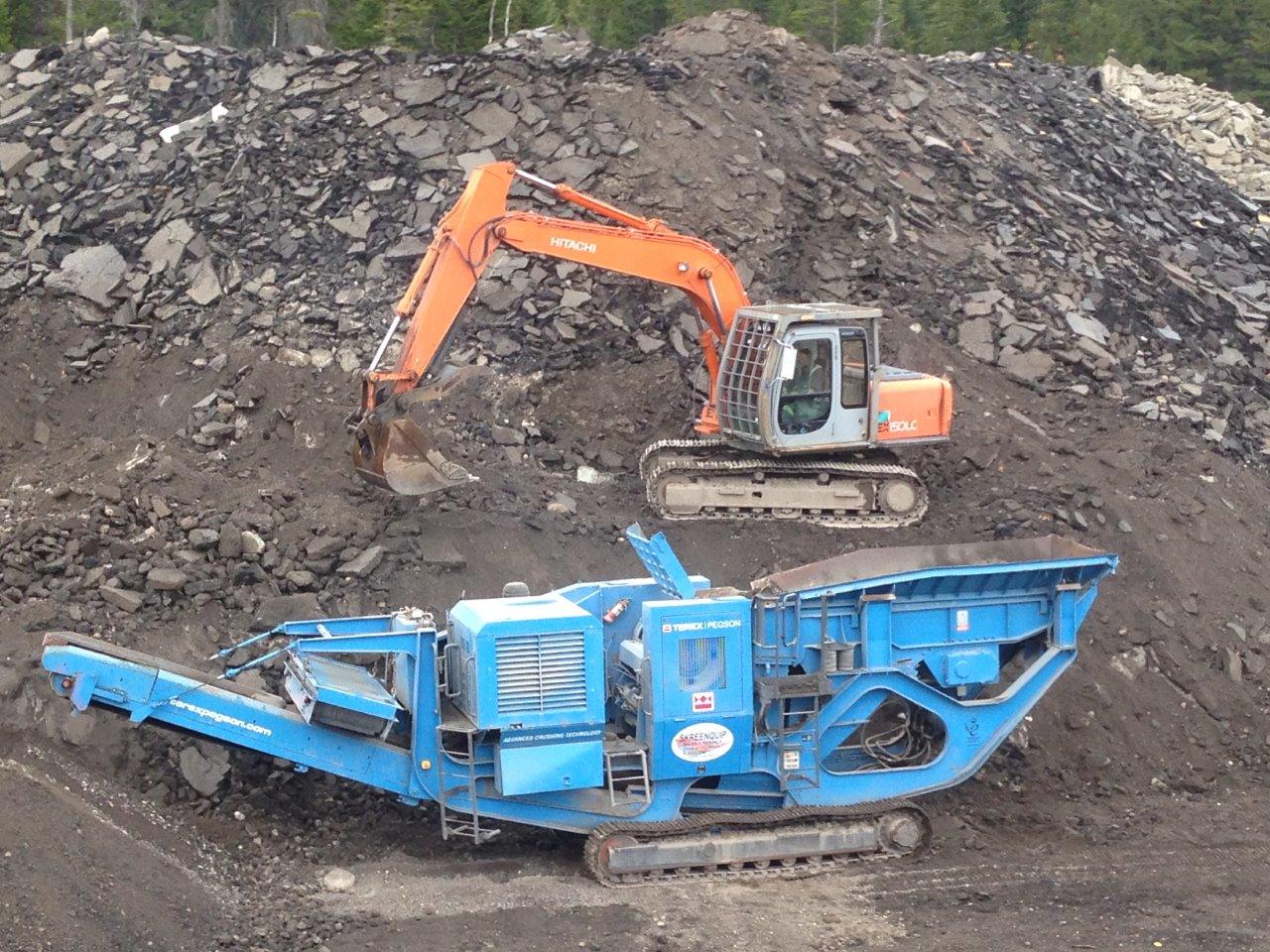
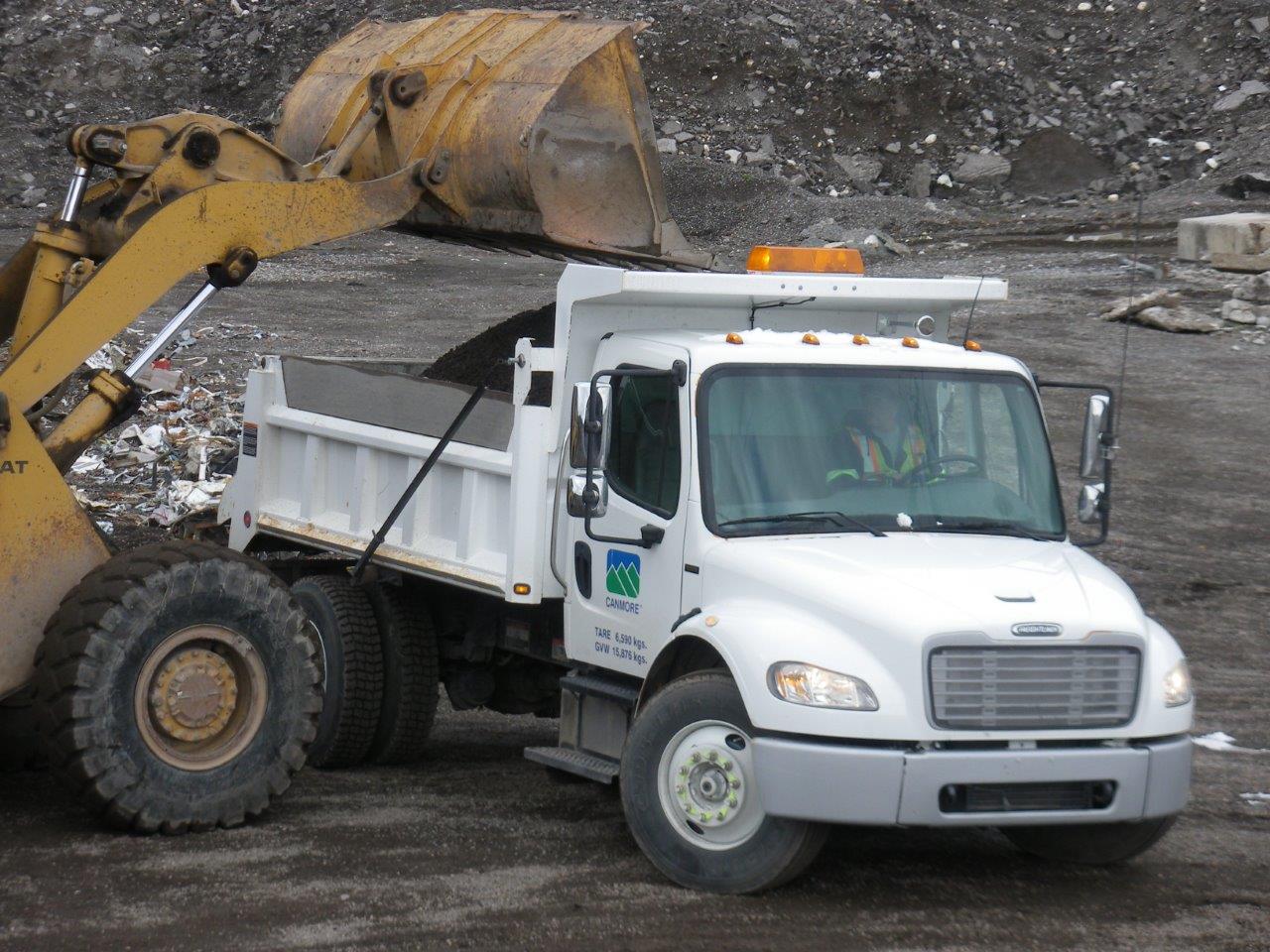
COMPOST – 607 Tonnes
The Commission operates the Bow Valley’s only approved compost facility at the Francis Cooke Resource Recovery Centre. We accept soft tissue yard waste such as leaf and grass material along with finer fresh shrub trimmings and turn it into Class “A” finished compost for blending with clean excavated topsoil and fine mineral substrate to produce new topsoil for sale to the commercial landscaping industry. A more detailed description of our compost and topsoil process may be found here:
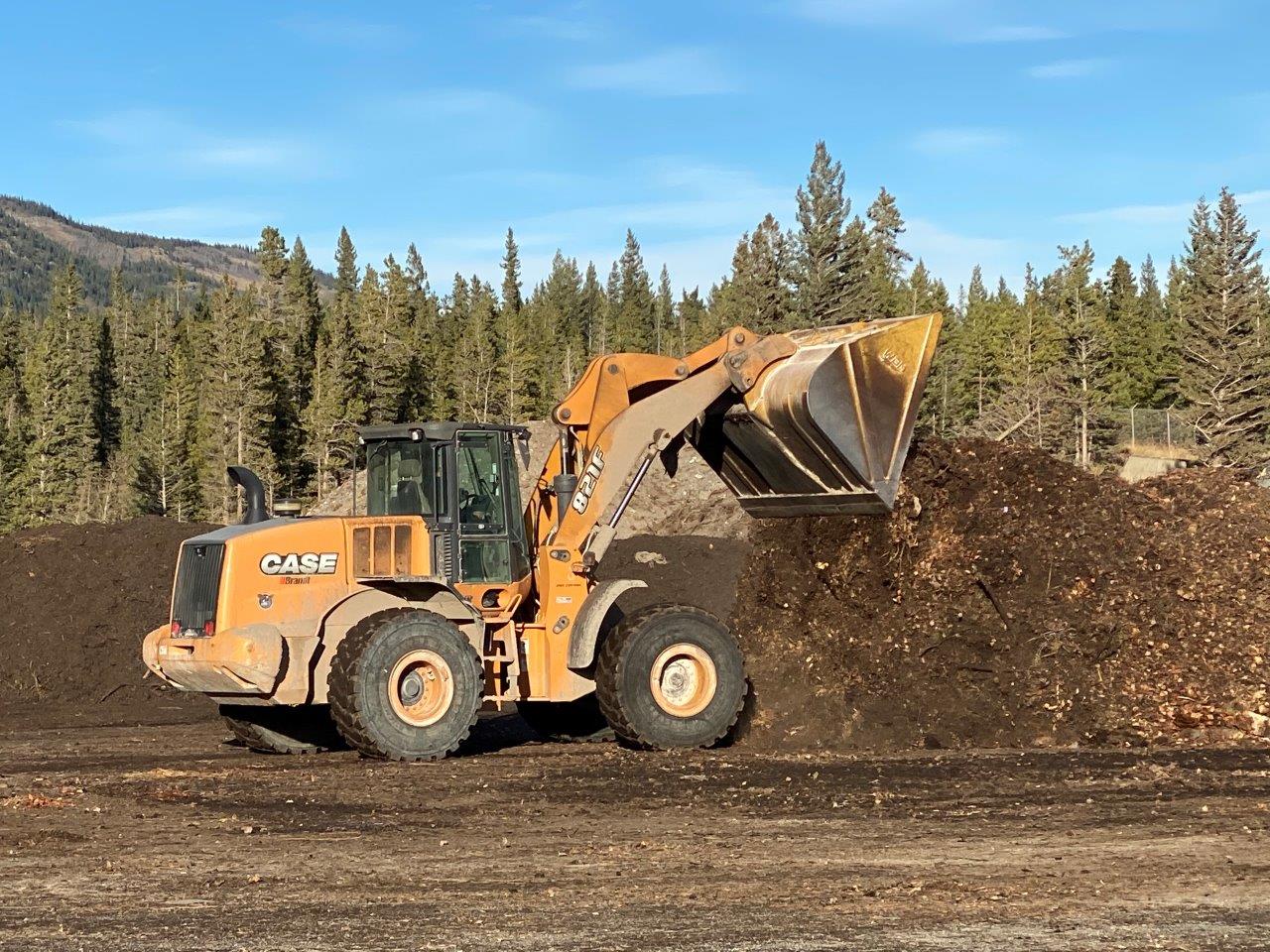
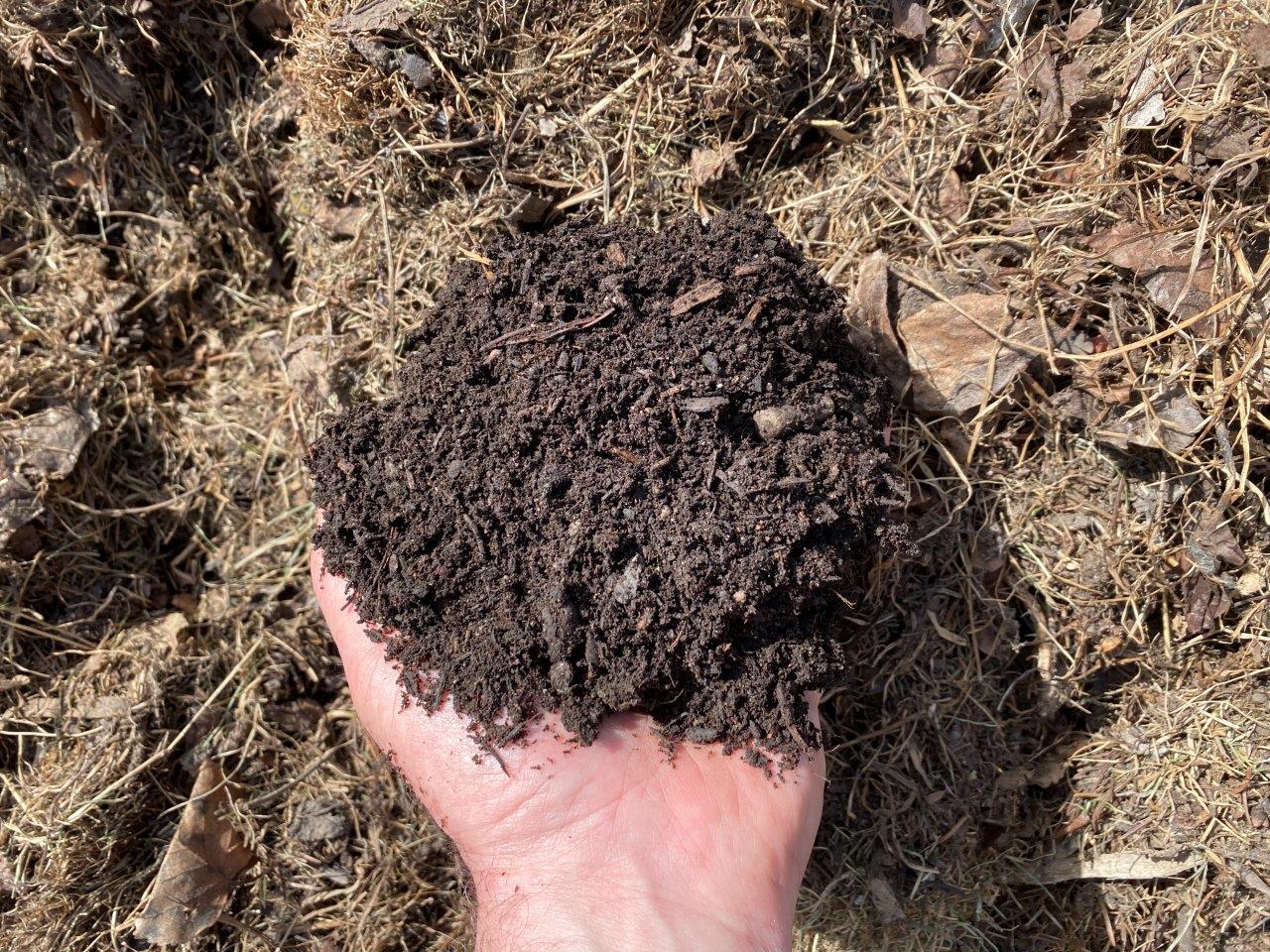
CONCRETE – 4,806 Tonnes
Recycled concrete’s compaction and binding properties make it an excellent alternative to extracting virgin gravels from the environment. The Commission charges much less for tipping separated and clean concrete waste generated by Bow Valley projects. We then crush that material to produce a recycled aggregate product that meets backfill and road or trail base needs.
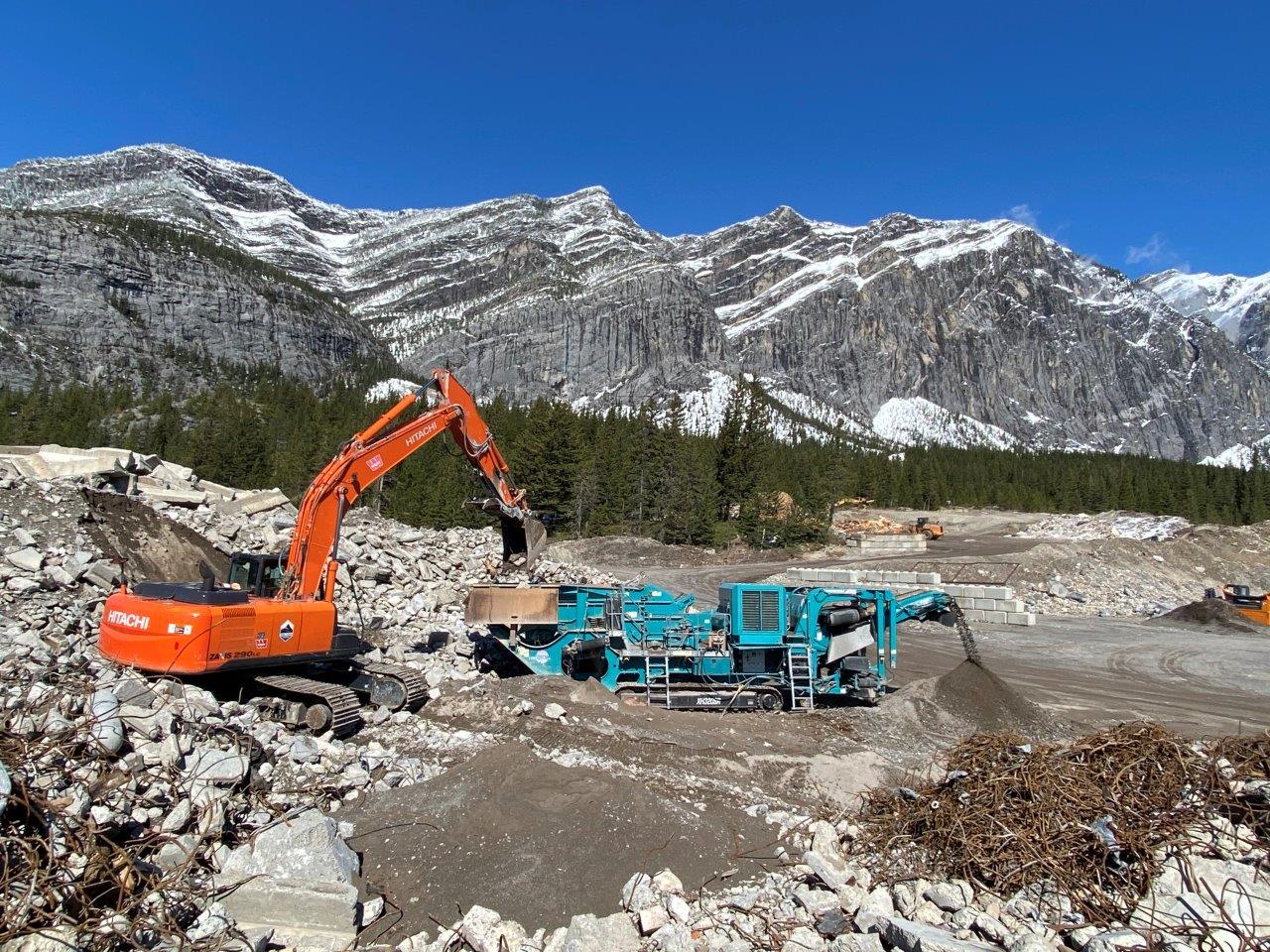
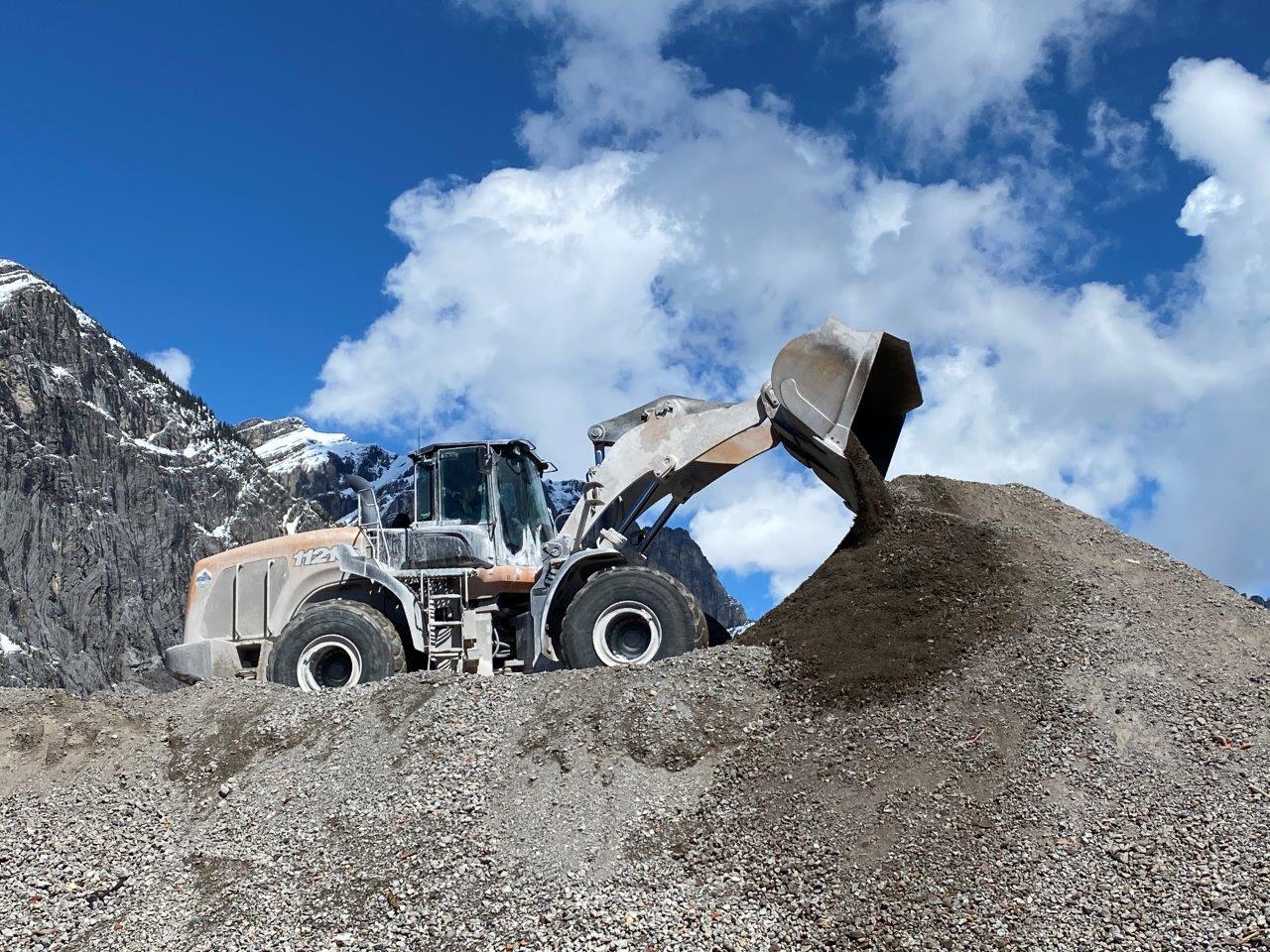
DRYWALL – 468 Tonnes
Like construction wood, drywall residuals are often generated in large amounts during specific phases of a construction or demolition project. This material can be placed in a separate container, or a separate area within a container that allows it to be tipped separately and at much lower cost. We add clean drywall as an amendment to our recycled wood products that are used in the agricultural sector of the economy.
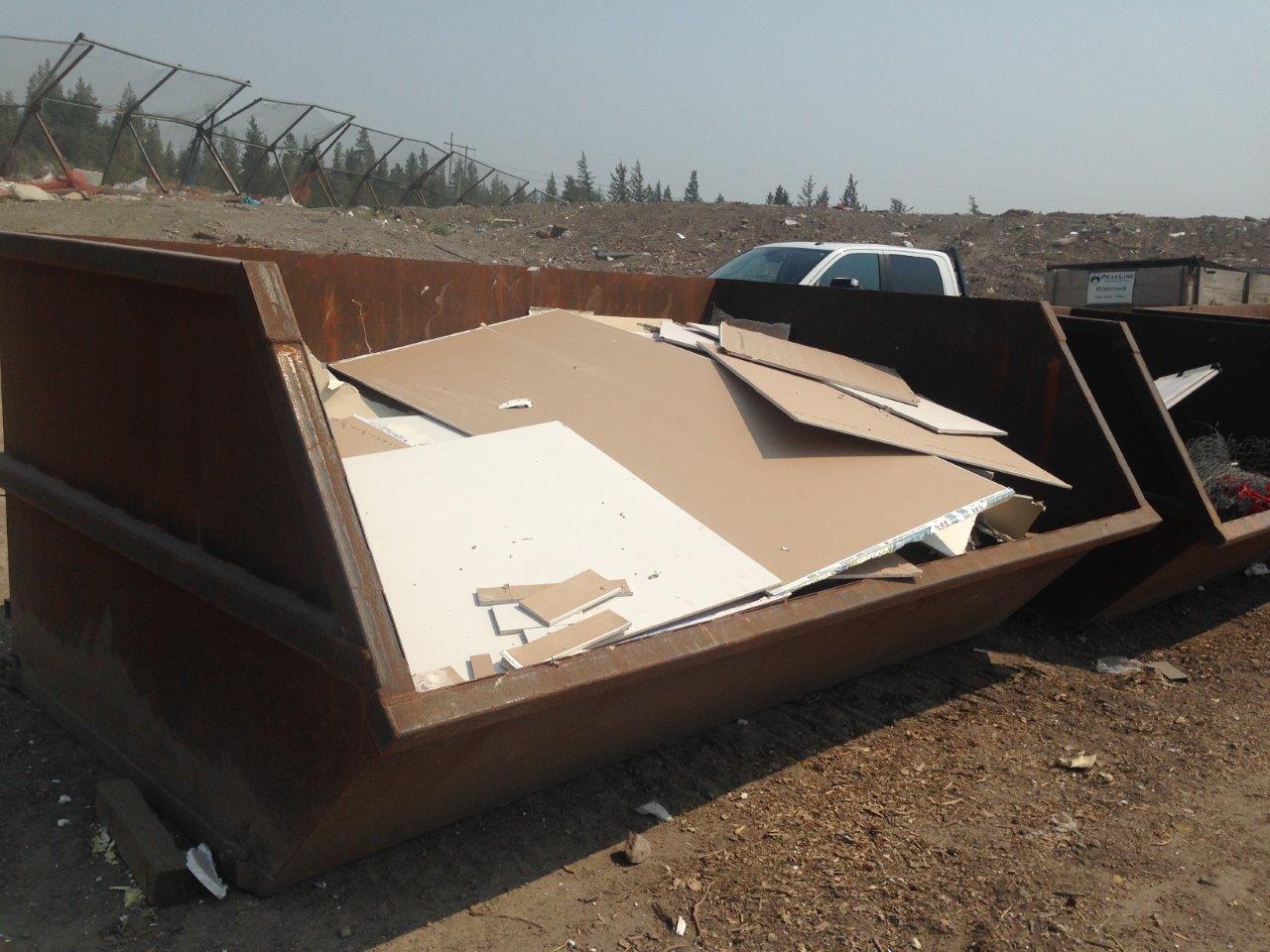
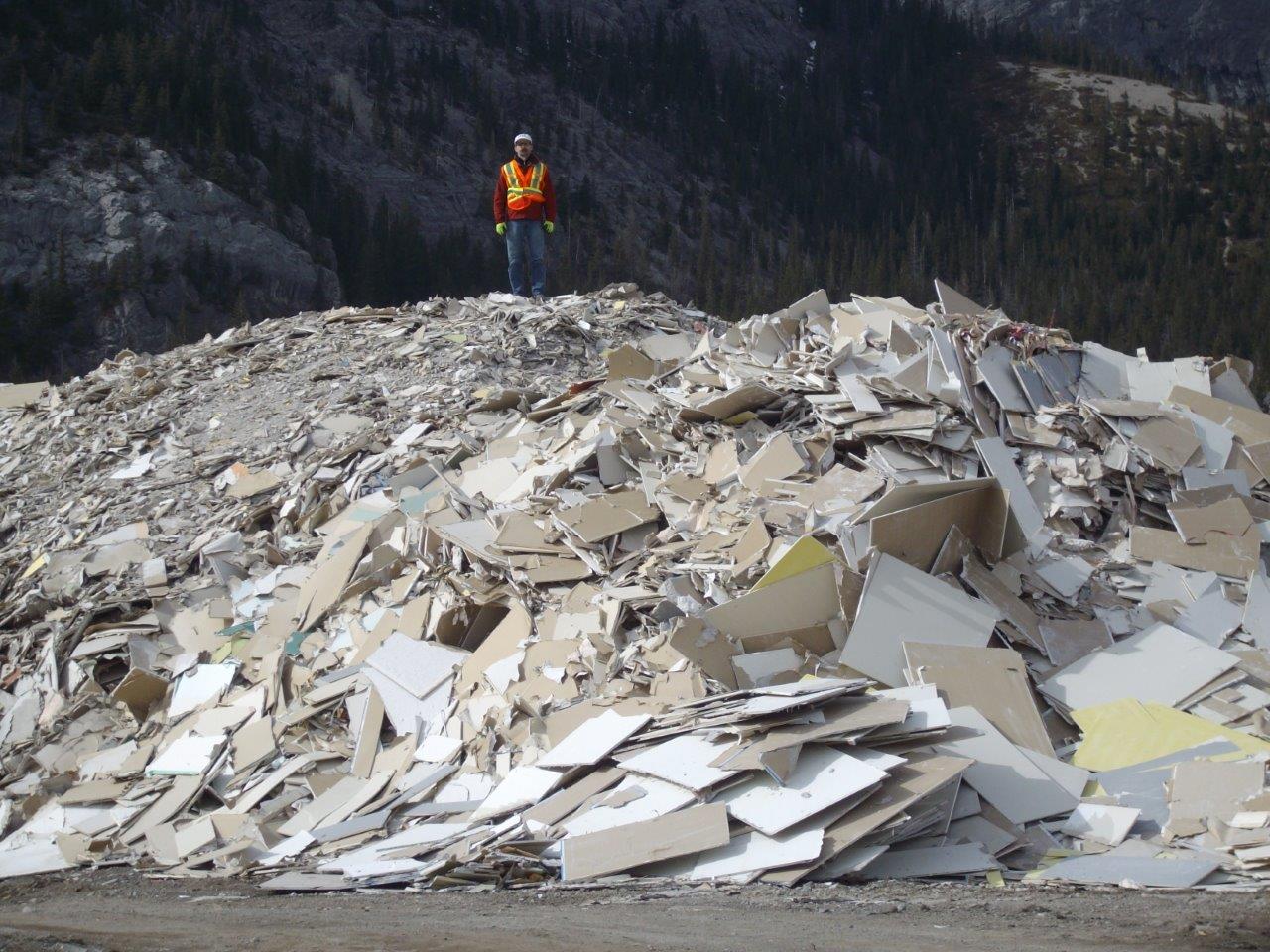
GLASS – 282 Tonnes
All the container glass collected in the recycling programs operated by our member municipalities is delivered to the Francis Cooke facility. When our stockpile becomes large enough, the glass is shipped in specially designed trucks and processed into blasting sand by our recycling partner. Much of this product returns to be used by Alberta industries. Blasting sand made from recycled glass food containers is much safer for workers than natural sand that is mined from the landscape. We encourage Bow Valley residents to recycle glass beverage containers at your local bottle depot to take advantage of refunds and reduce the cost to municipal recycling programs.
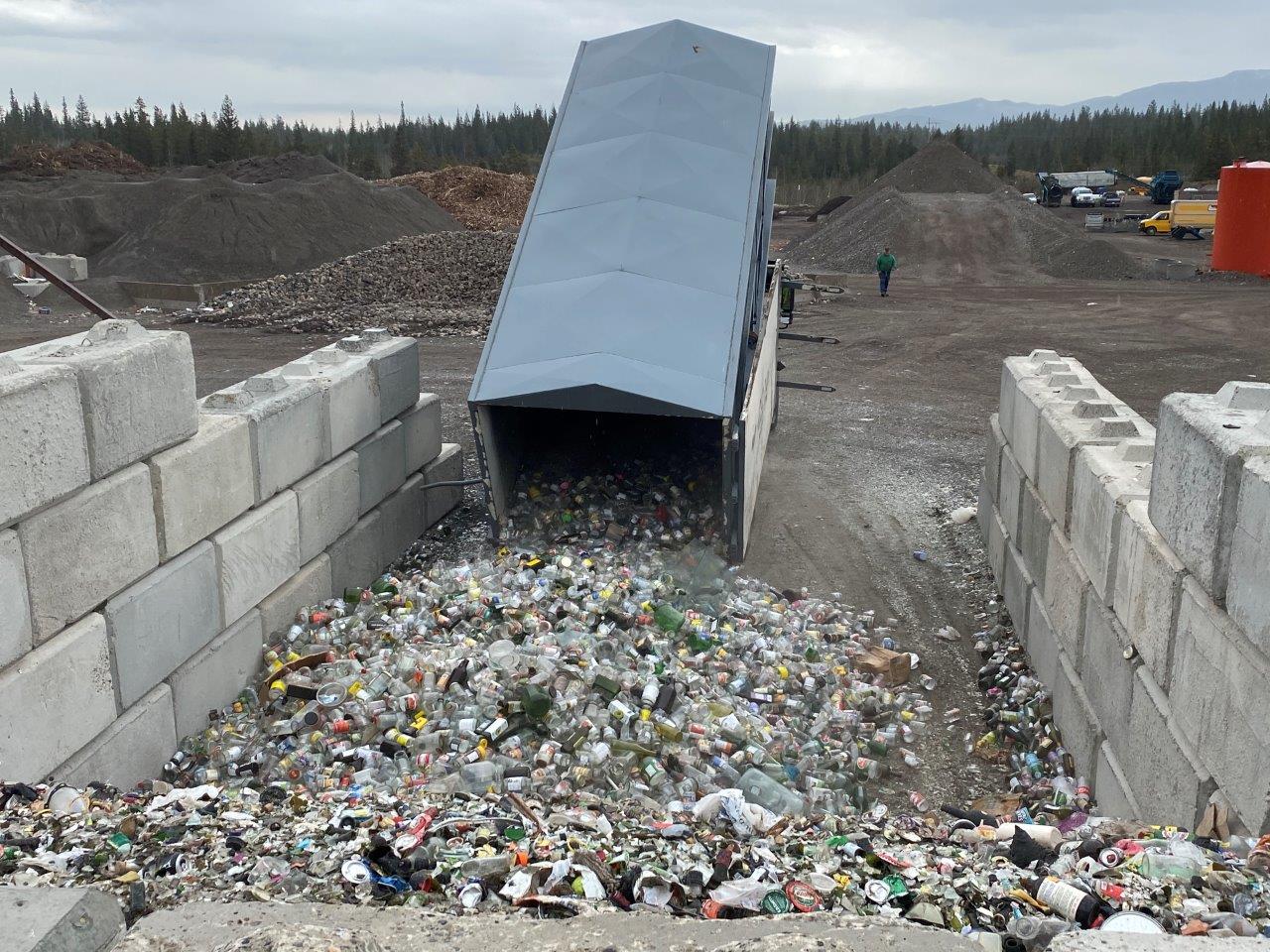
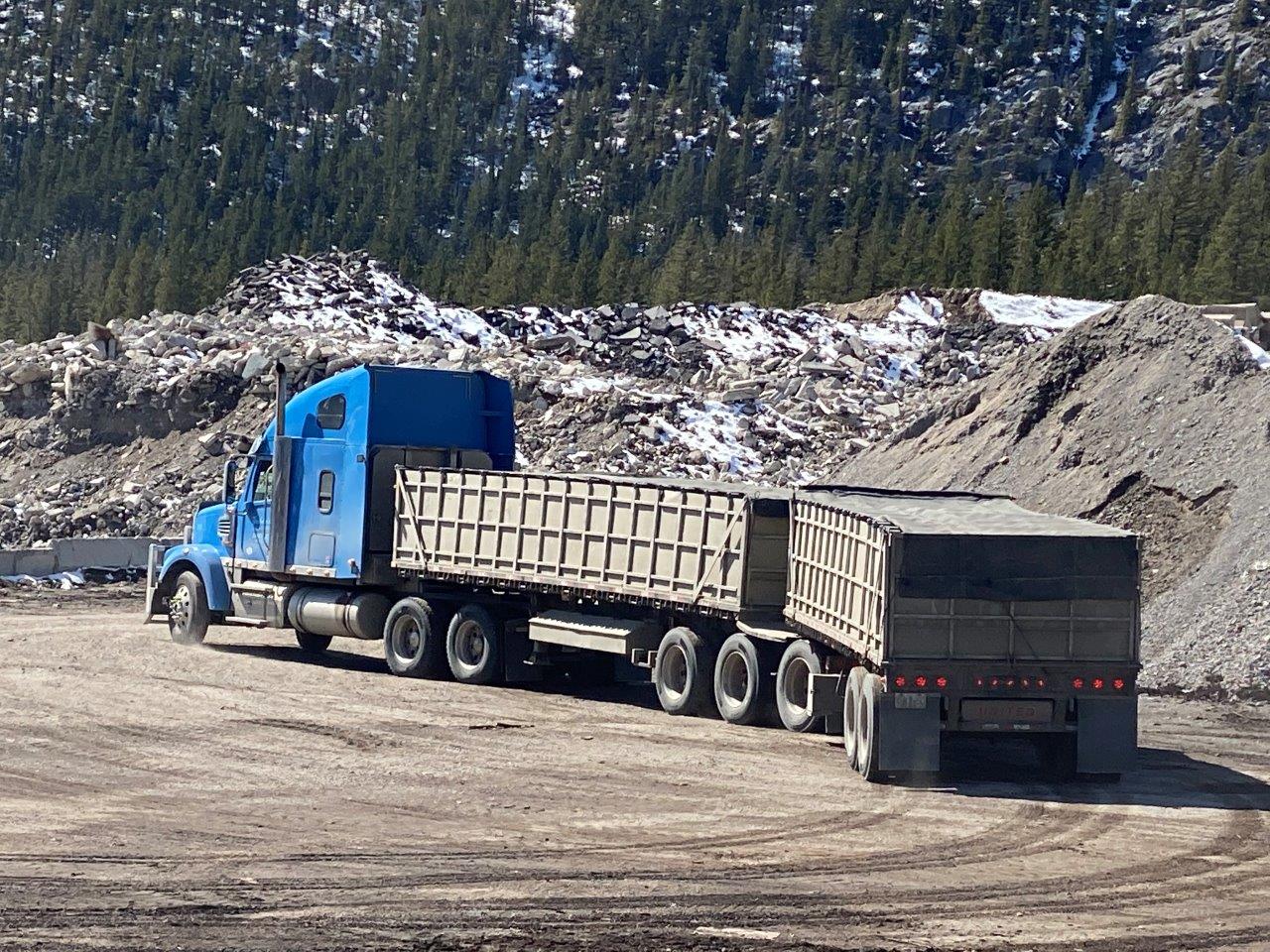
MATTRESS – 31 Tonnes
Mattresses and foam slabs are difficult to handle in a landfill operation. They resist burial and become entangled in our machines. However, when separated from waste and dismantled for recycling they provide wood, metal, textiles, and plastic resources for the economy. Mattresses delivered to us by Bow Valley residents and businesses are loaded into a large trailer and shipped to a recycling partner in Calgary.
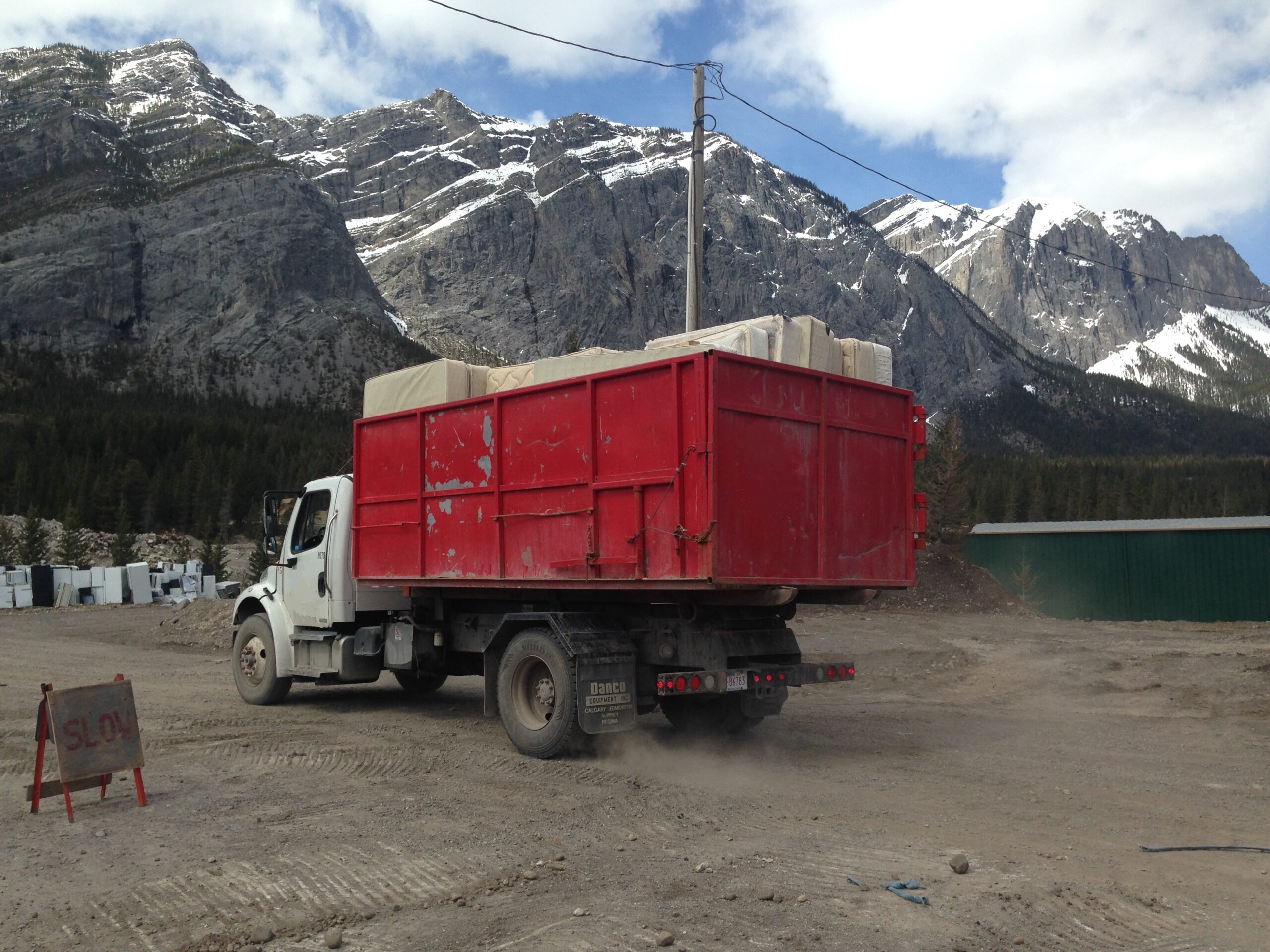
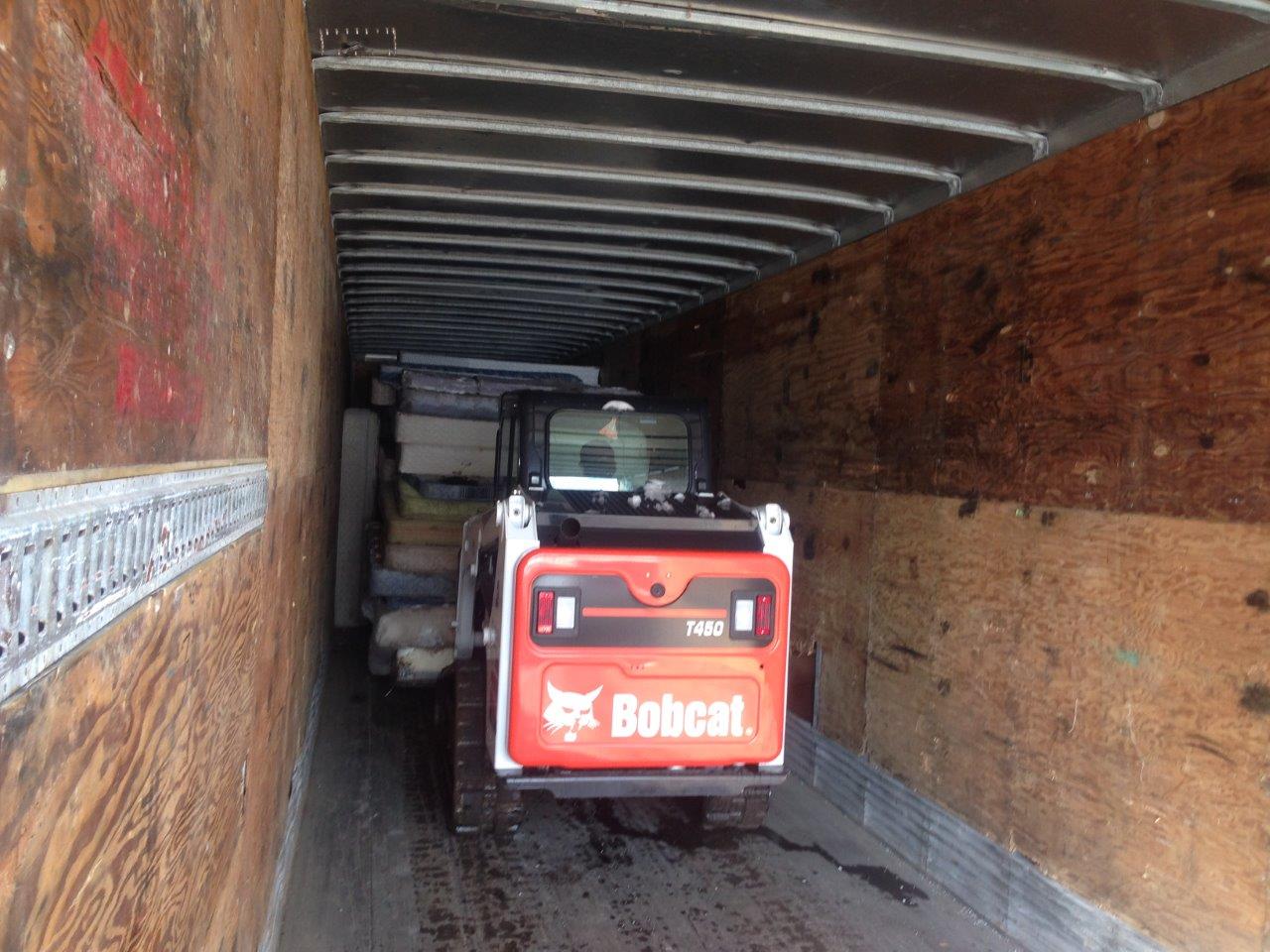
METAL – 776 Tonnes
Metal has been recycled for thousands of years and is one of the most reliable recycling markets in our economy today. Recycled metal has excellent environmental advantages for reducing energy consumption and emissions when compared to mining new metal ores. Scrap metal should not be mixed with non-recyclable garbage destined for landfilling. Large amounts of metal can be loaded in separate containers. Small amounts of metal can be placed in the same container with construction garbage if it is loaded in a manner that allows it to be quickly and safely separated from the garbage when the container arrives at our facility.
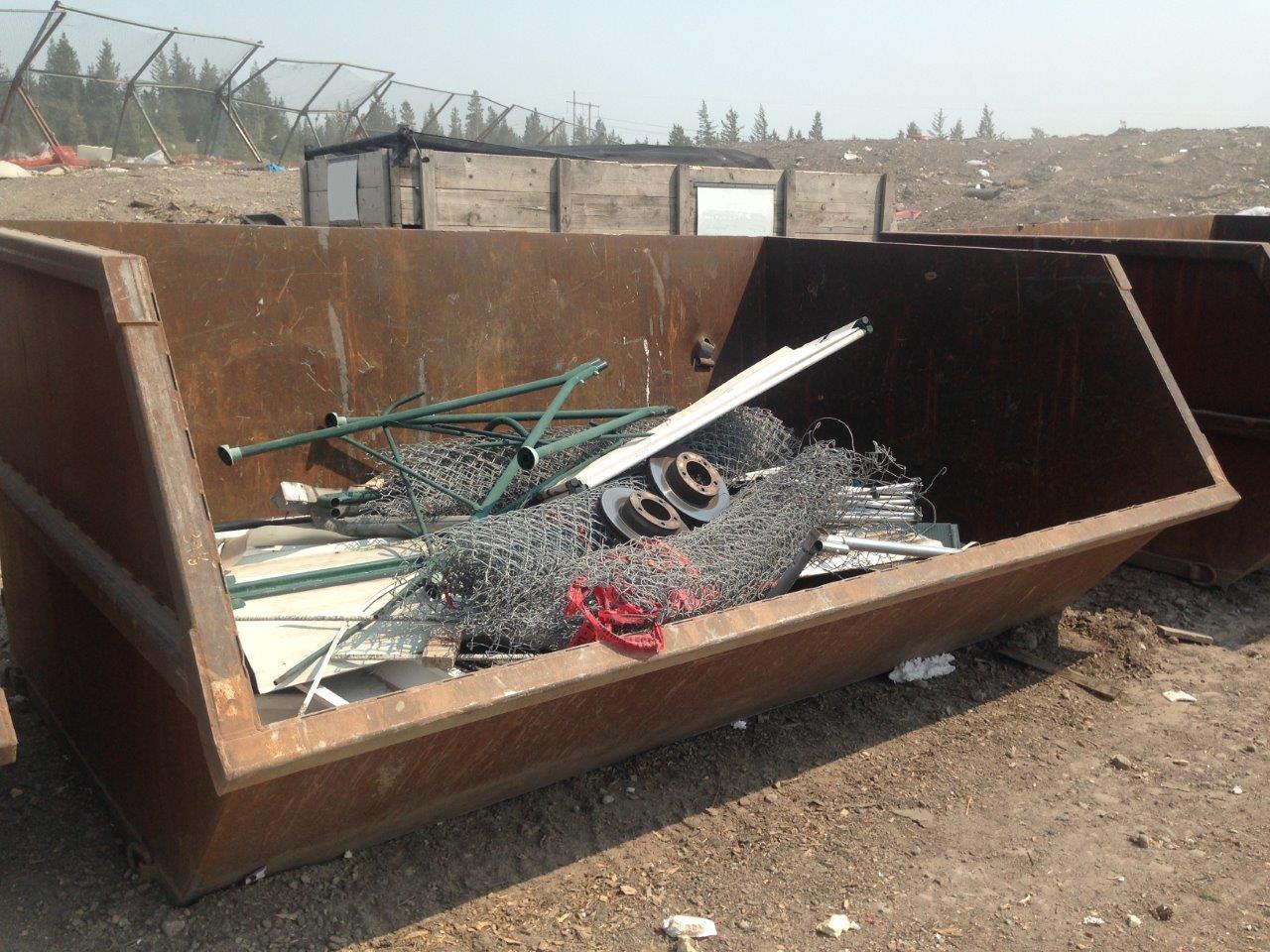
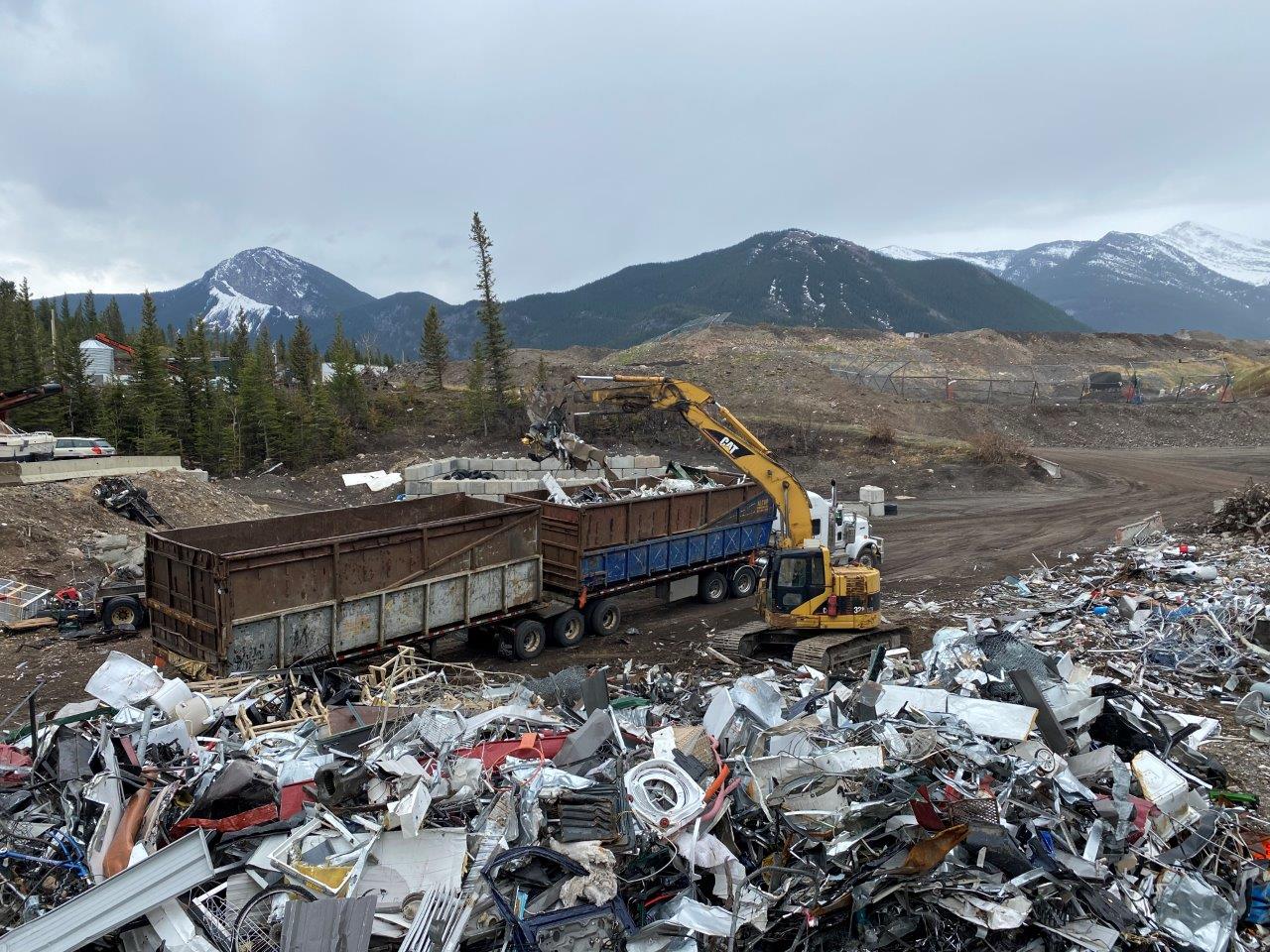
SHINGLES – 441 Tonnes
Recycled asphalt shingles can be used in road base or added to new asphalt shingle mix. At the Francis Cooke facility we accept asphalt shingles for lower tipping fees if they have been kept separate from plastic wraps and other construction garbage. The shingles are then ground to a fine “powder” for use in our own road and parking lot projects or it may be shipped to other markets.
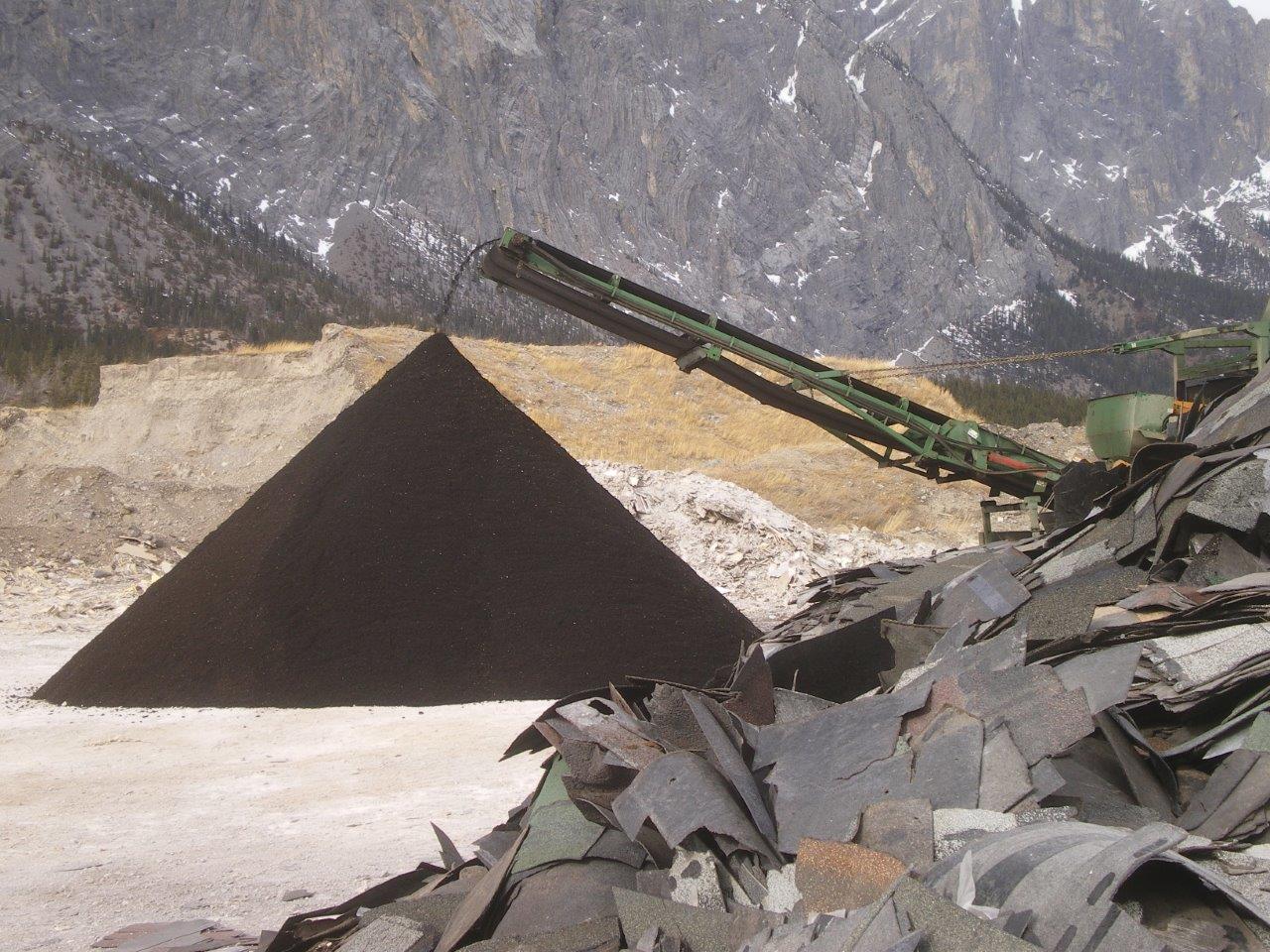
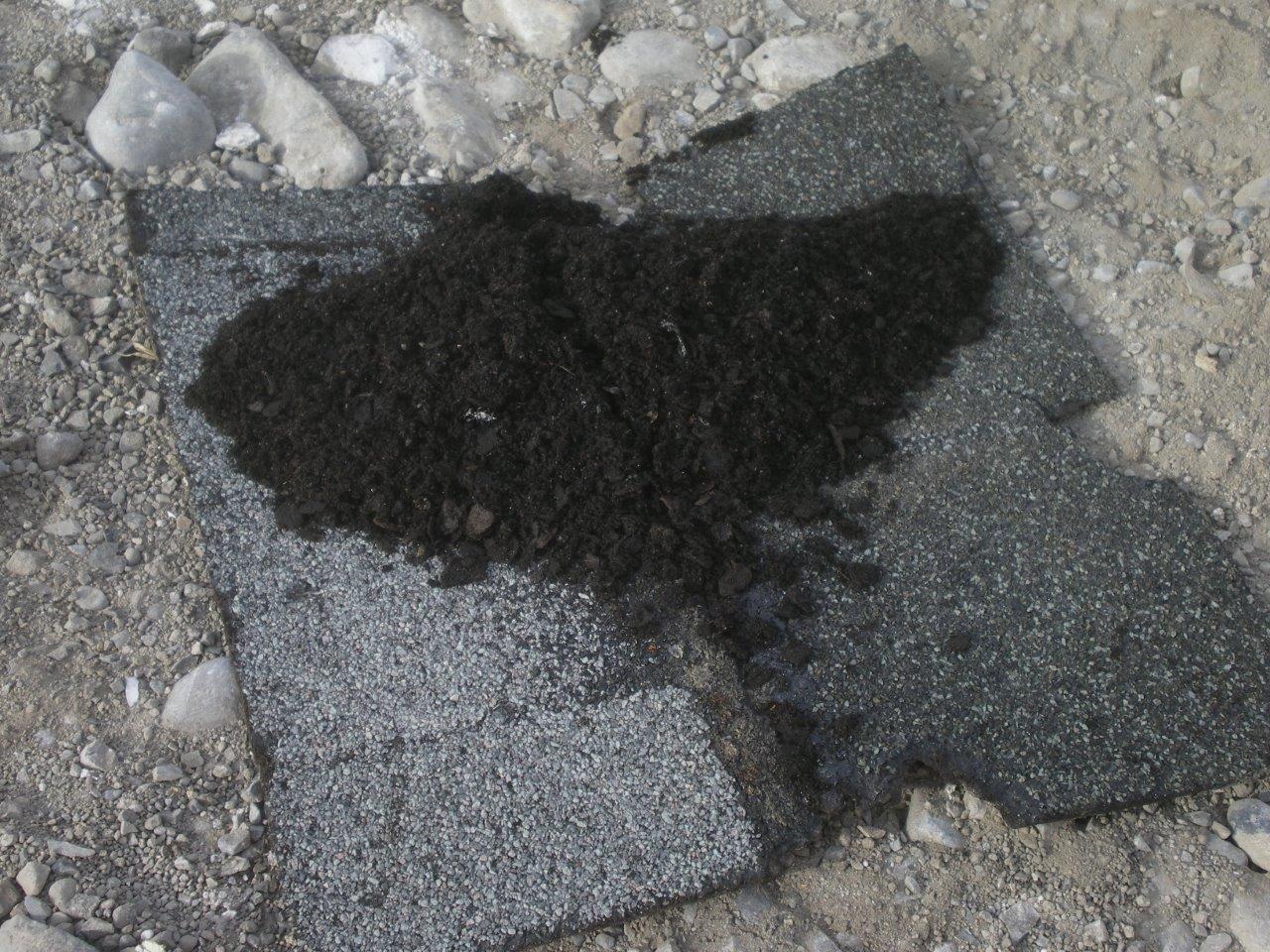
TIRES – 38 Tonnes
The Francis Cooke Facility serves as a collection point for the Alberta Recycling Management Authority’s Used Tire Recycling Program. Tires are recycled in Alberta into a range of products including playground mats, roofing tiles, rubber paving mix, landscaping mulch and landfill construction materials.
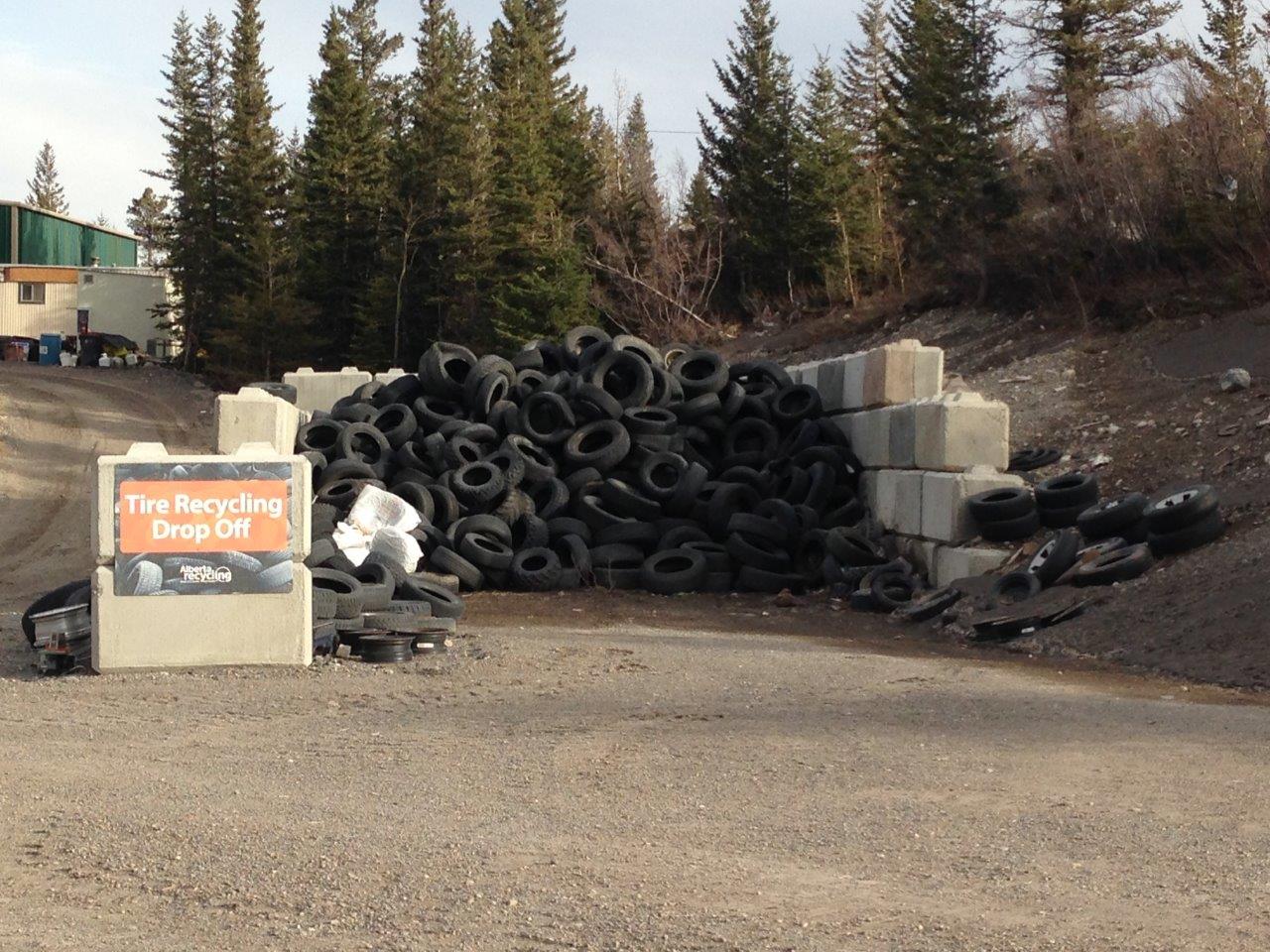
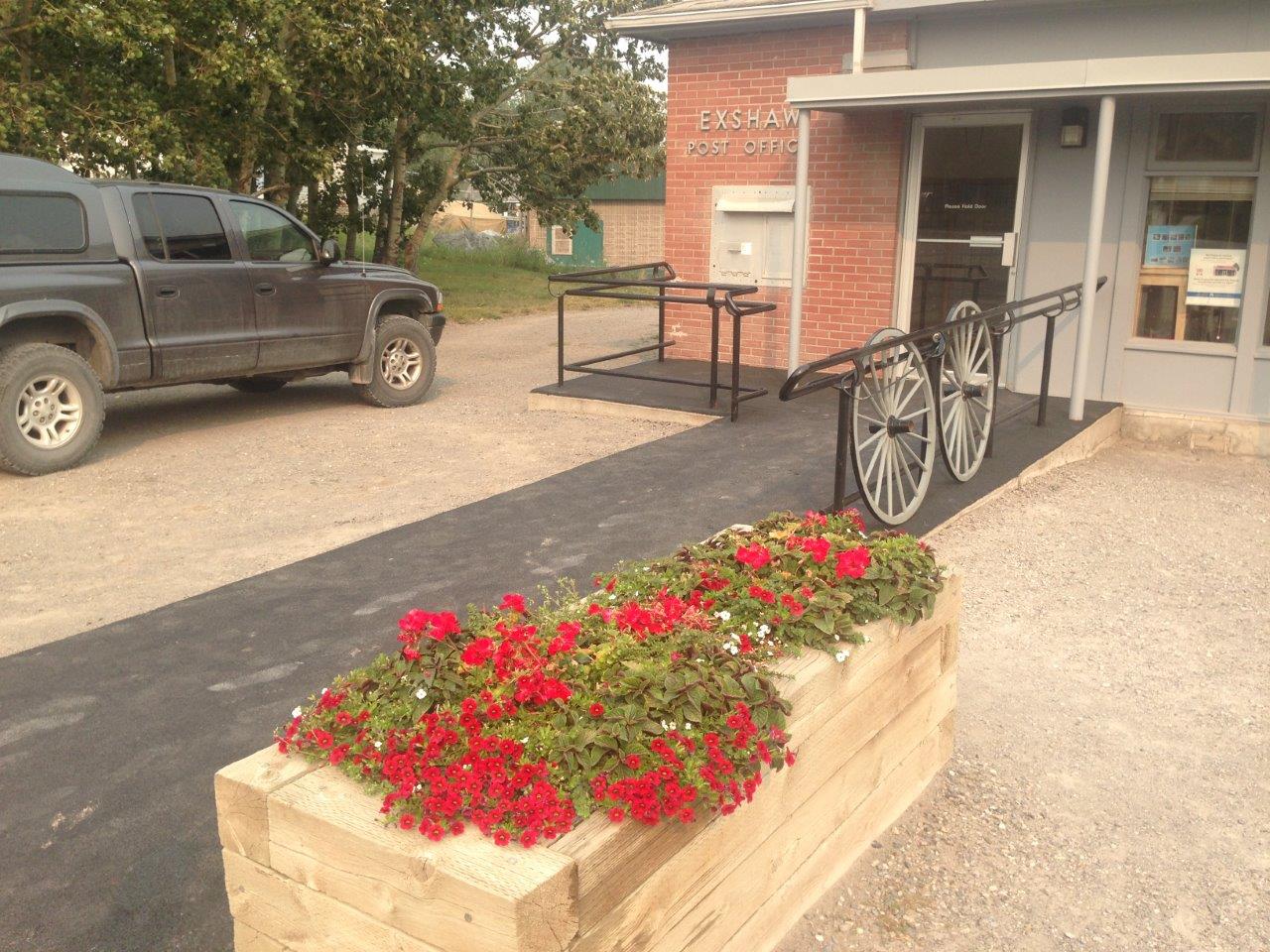
Topsoil – 2000 Tonnes
The Francis Cooke facility receives an average of 56,000 tonnes of soil material excavated from construction projects each year. Much of this material is buried in a designated area of the landfill operation. Some of the higher quality material is diverted to our topsoil production area. That material is blended with our finished yard and garden compost to produce a rejuvenated topsoil product that is sold to the commercial landscaping industry. A more detailed description of out compost and topsoil process may be found here:
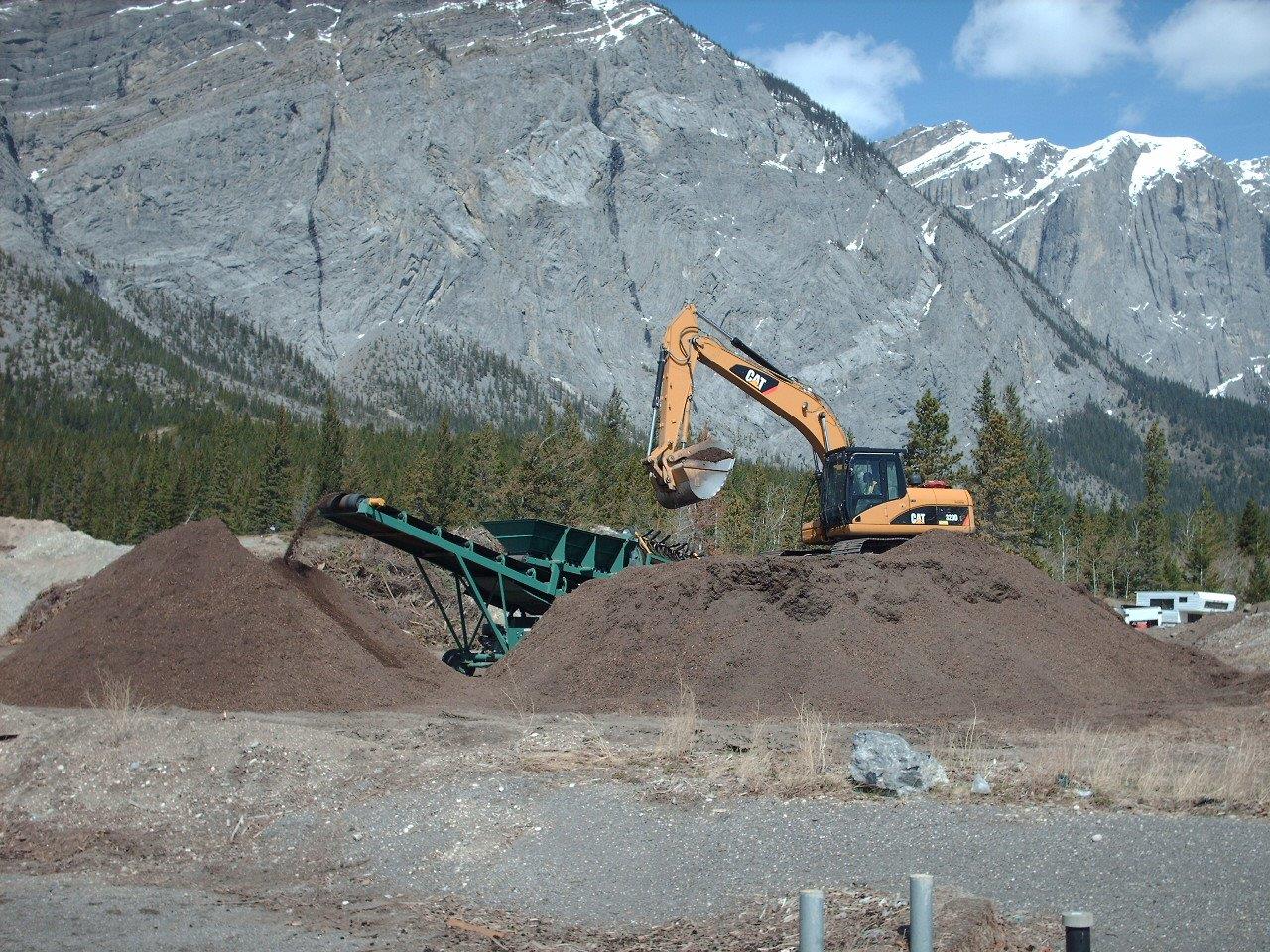
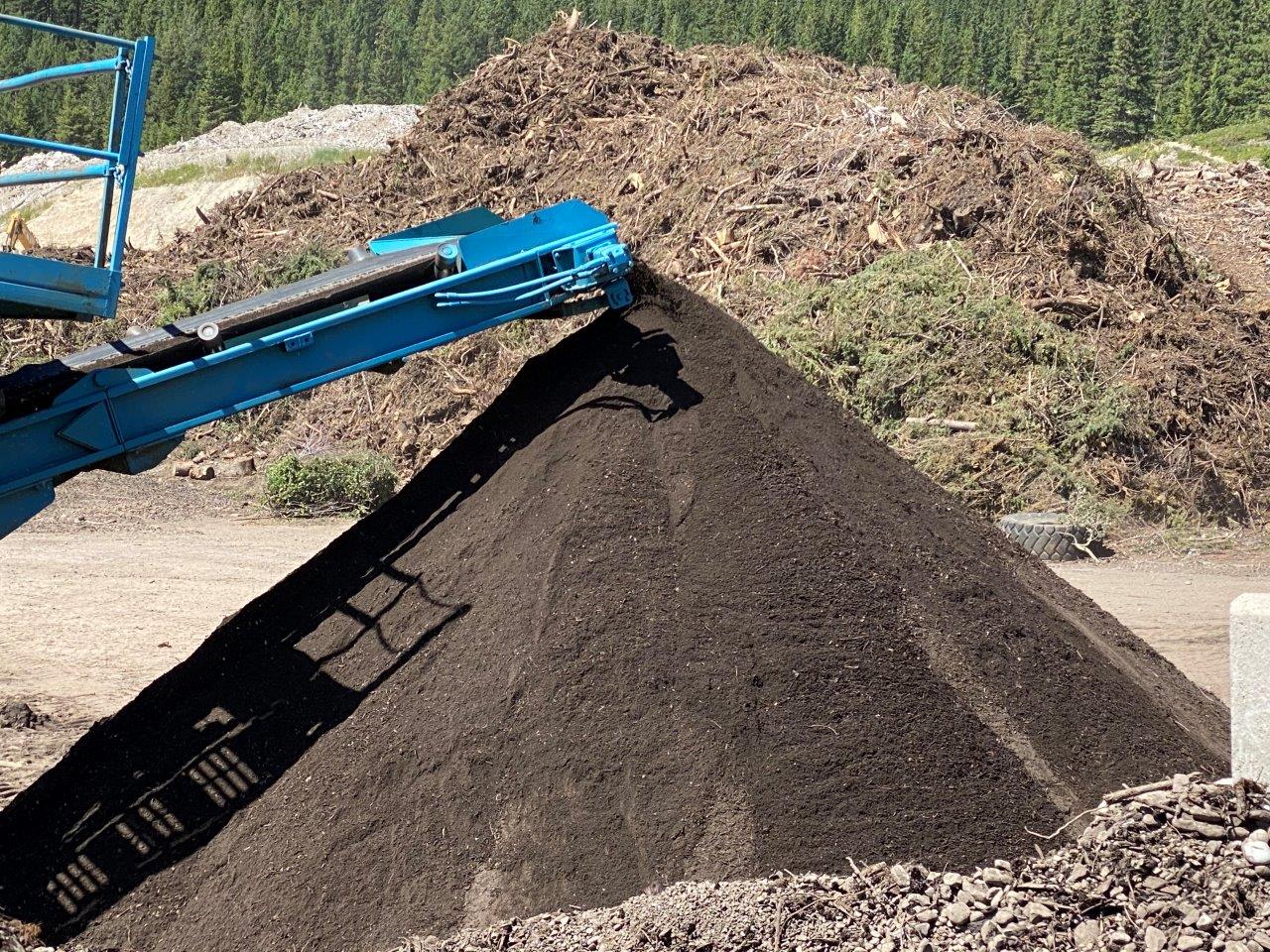
WOOD – 2,568 Tonnes
Organic waste does not belong in a landfill where it slowly decomposes to release green house gases, create an unstable landfill surface and become an underground fire hazard. At the Francis Cooke facility clean construction wood and scrub and brush from land clearing can be tipped for much lower tipping fees. We are then able to process the wood into products suitable for use as livestock bedding and compost biofilters or carbon amendments as well as fuel for biomass energy technologies.
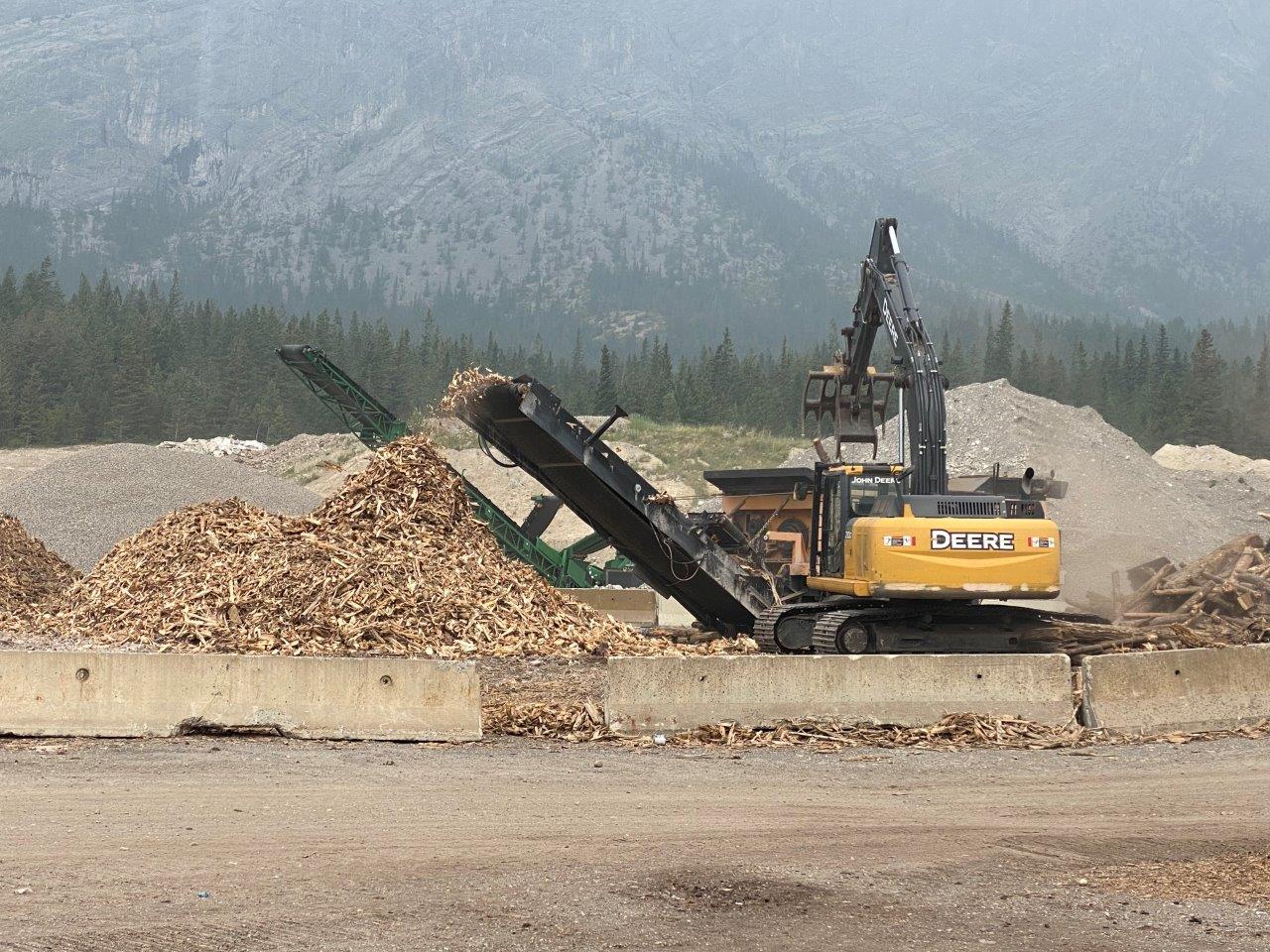
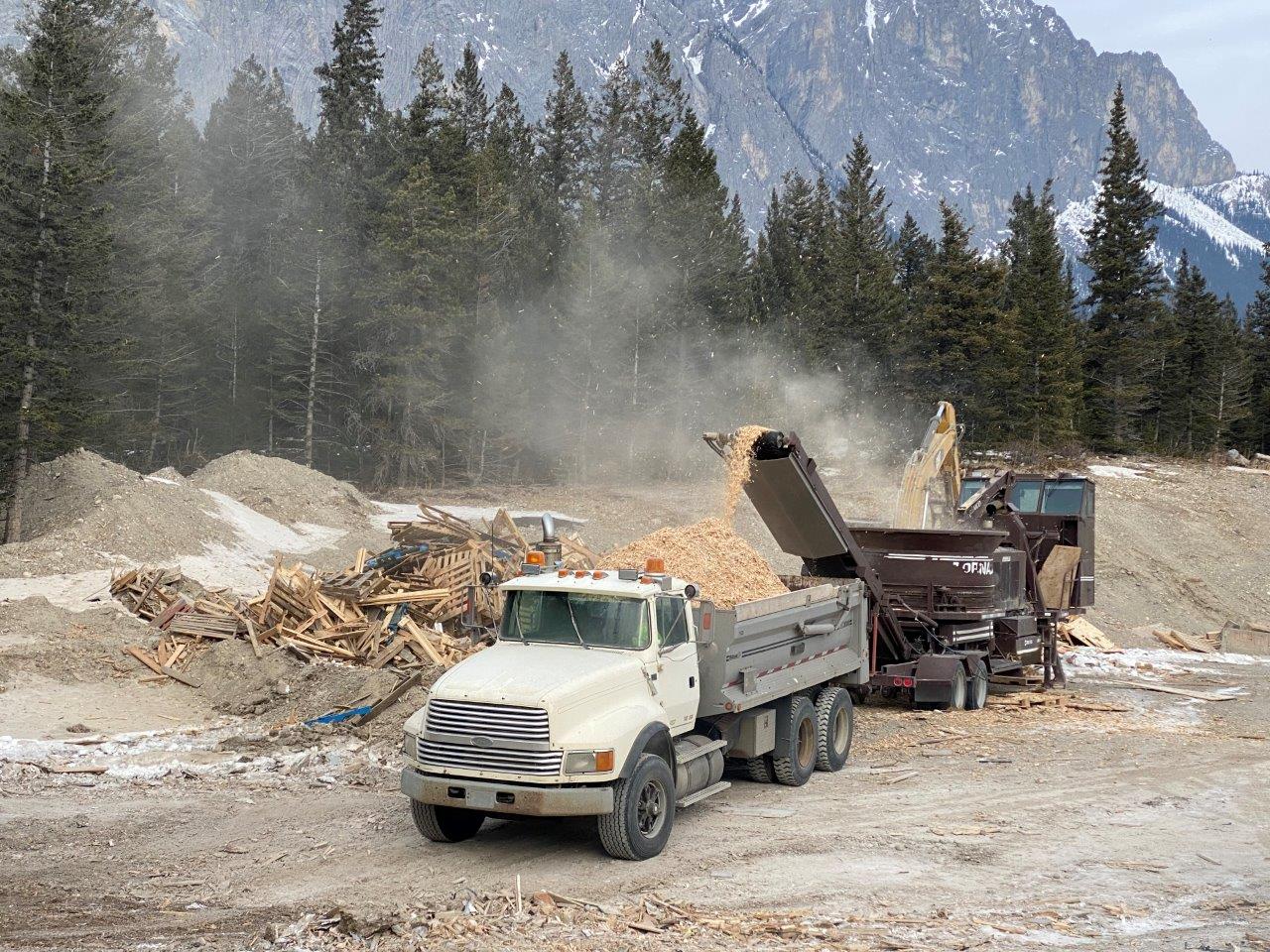
LINKS TO A MORE CIRCULAR ECONOMY
We have separate drop-offs for carboard, refrigeration appliances, used bicycles and the Francis Cooke facility serves as a collection point for the Alberta Recycling Management Authority’s electronic devices collection program. You are also encouraged to recover resources through the residential and commercial collection programs offered by local municipalities. Visit these websites for more information.
Explore provincial programs and other links below.
